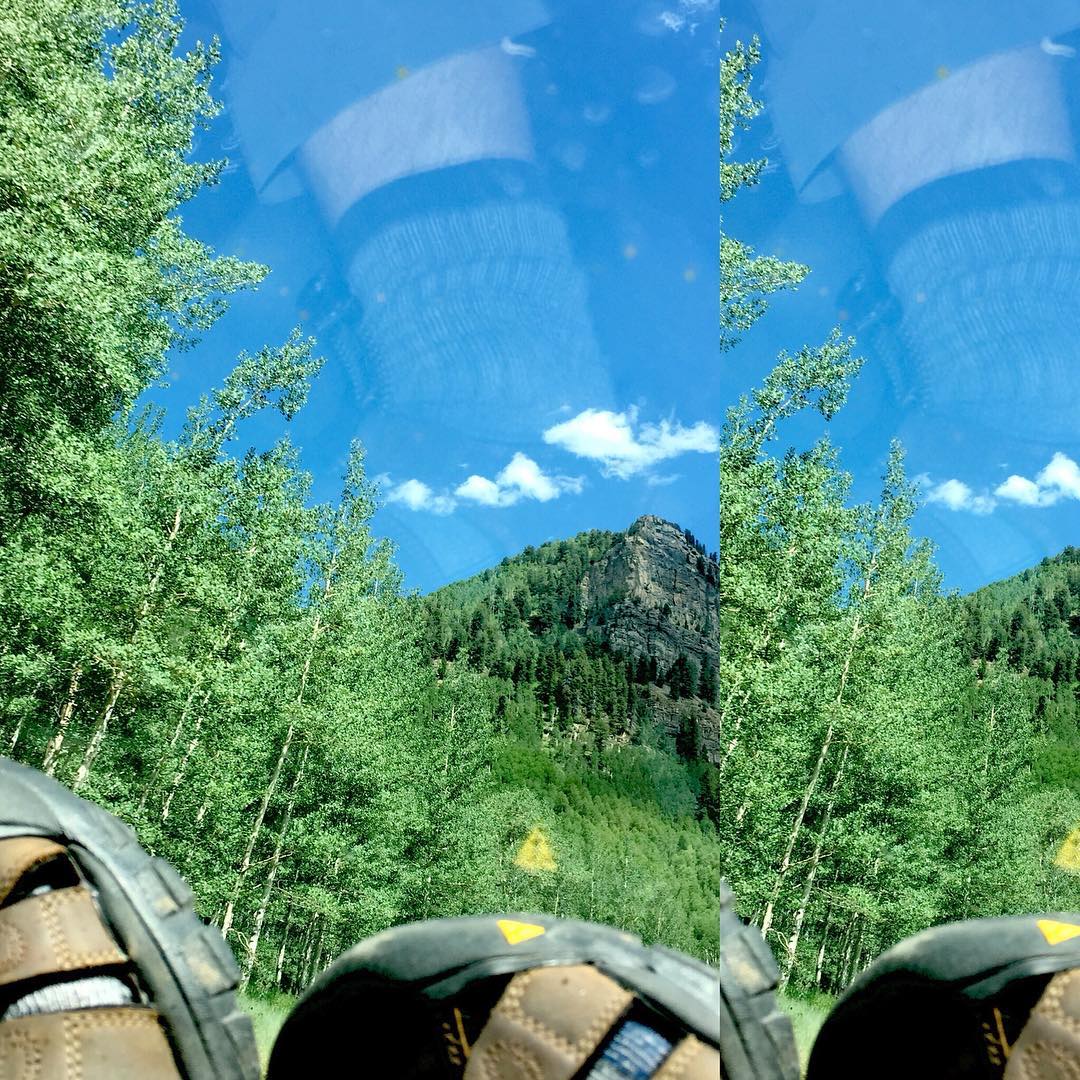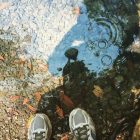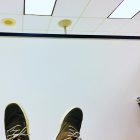
Science. Politics. Art.
Galileo Galilei in Italy and Frances Bacon in England lived a thousand miles apart, yet pursued similar interests at the same time – so much so that each claims the scientific method. Around the year 1600. They established that knowledge could be held to a set, measurable standard, while still serving the unstated essentials: raw curiosity, powers of observation, pure wonder, feet on the ground, and the desire to connect facts.
We enjoy the ongoing benefits of their curiosity, observations and intellectual rigor, because their codification helped spawn the greatest explosion of knowledge in human history. Science.
Galileo deduced that the earth is not the center of the universe. He got really excited! This was great new information! Everyone else would be really excited, too!
But the Catholic Church, the de facto government, failed to applaud this scientific revelation. Instead, the church panjandrums got all pouty that some mere “scientist” would refute God and deny that the earth is the center of the universe. Oy, the heresy! So papal people arrested one of the greatest scientists of the centuries, and threw him in the slammer.
Wouldn’t it be funny if a modern government got upset by some facts?
If Galileo were here today, his heresy might be asking questions no one wants to ask too loudly . . . such as . . .
“They doubt science? Yet they love the military? Don’t they know the military is built on science? That without scientific exploration, we would not have self-navigating bombs? And radar? And radar-evading jets? And it’s not just the military that science enables. Science enables the highways you all drive every day, and pure science promulgated the prototype of the internet . . . It’s all because of science. Science invented the television on which you listen to reptiles disparaging science. And you can’t figure this out? For this larval stupidity I came back here? After being jailed by the pope for splendidly blasphemous science?”
Galileo would probably go on to wonder . . .
“Frances Bacon was knighted? He was knighted? For doing the same thing I did? That’s nice. But for what does a scientist need a tin suit and a sword? And for what I was I jailed?”
How does the genius scientist convince small-minded power mongers to please just let me keep on stretching the boundaries of human knowledge?
This doesn’t exactly bring us to art, but one must wonder . . . if small minded power brokers have so much trouble with the truths of science – which confer lavish benefits on human life – how do they tolerate art? Because art is even weirder: while it shares with science fundamental, divine urges to stretch the boundaries of human experience, unlike science art produces permanently useless objects whose only distinction from the ordinary materials of which they are made is the way they appear. And yet, every society around the world values art. The forms vary widely. The apparent uselessness binds.
Science. Politics. Art. It’s like having three feet that you keep looking at. Twice. You want them to dance . . . and when they do dance, from time to time, from culture to culture, everyone is happier, lives longer, and dies richer.


